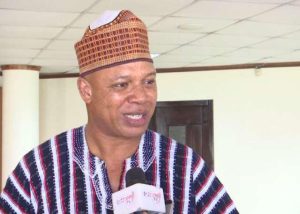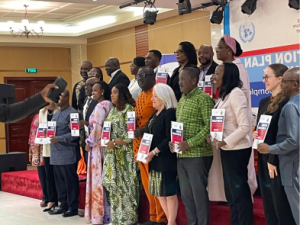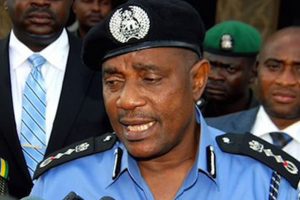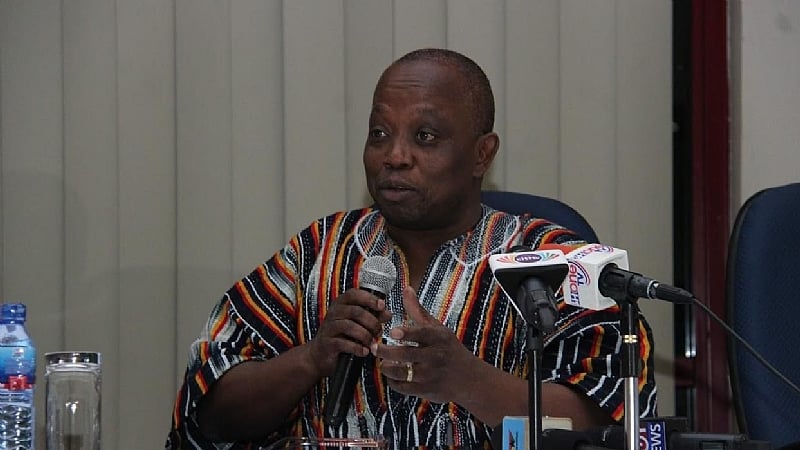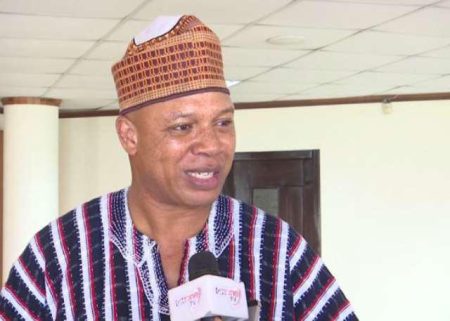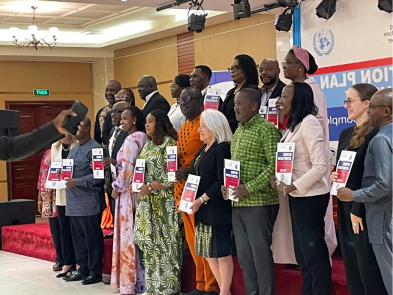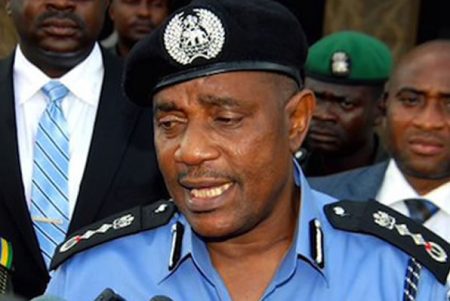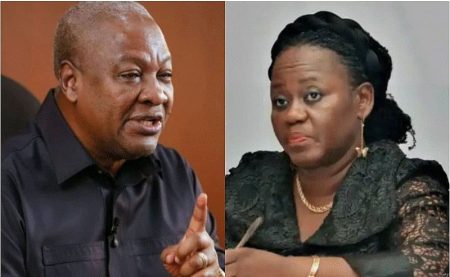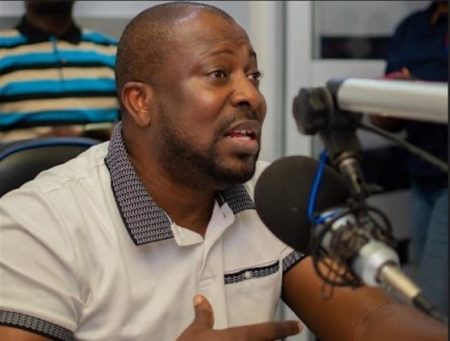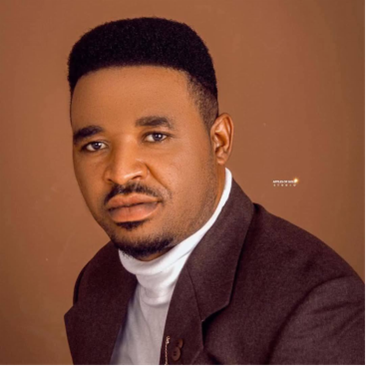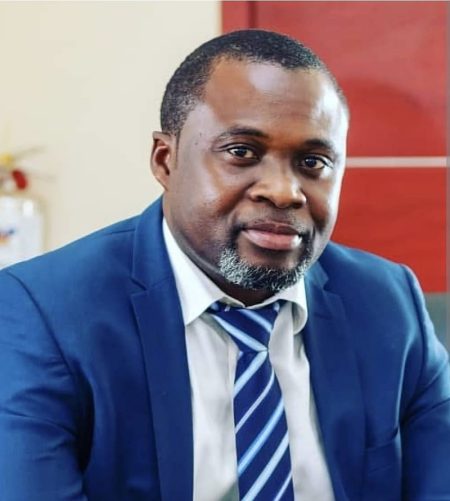The initial phase of the inquiry into petitions seeking the removal of Chief Justice Gertrude Torkonoo has concluded, marked by the submission of the first report to President John Mahama. This signifies a significant step in the process initiated earlier this year when three petitions alleging misbehavior and incompetence were filed against the Chief Justice. Former Auditor-General Daniel Yaw Domelevo, a member of the five-person committee tasked with investigating these petitions, subtly acknowledged the milestone on social media, hinting at the completion of this stage of the investigation. The committee’s report, focusing on the first petition filed by Daniel Ofori, sets the stage for the President’s review and subsequent decision, which is expected to be publicly announced in the near future.
The establishment of the Article 146 Committee of Inquiry followed the suspension of Chief Justice Torkonoo on April 22nd. This suspension came after a prima facie case was established in consultation with the Council of State, indicating sufficient grounds for further investigation into the allegations raised in the petitions. The committee, chaired by Supreme Court Justice Gabriel Scott Pwamang, has been meticulously examining each petition individually, despite their shared objective of seeking the Chief Justice’s removal. The first petition, submitted by Daniel Ofori, underwent a rigorous process of evidence gathering, involving testimonies from numerous witnesses and the examination of extensive documentary evidence.
The investigative process for the first petition involved the presentation of evidence by both the petitioner and the Chief Justice. Mr. Ofori, the petitioner, called upon thirteen witnesses to support his claims, while Chief Justice Torkonoo presented her defense with the aid of twelve witnesses, including expert testimony. The sheer volume of evidence, comprising approximately 10,000 pages of documentation, underscores the complexity and thoroughness of the committee’s undertaking. These proceedings, held in-camera as mandated by Article 146 of the Constitution, aimed to ensure a fair and impartial evaluation of the evidence while respecting the sensitive nature of the matter.
While the in-camera nature of the proceedings might suggest secrecy, the committee clarified that this provision is intended to protect the integrity of the process rather than to conceal its workings. The committee emphasized its role as an impartial arbiter, tasked with objectively assessing the evidence presented and formulating recommendations based solely on the merits of the case. This commitment to impartiality underlines the committee’s dedication to upholding the principles of justice and due process throughout the investigation. The emphasis on evidence-based decision-making further reinforces the committee’s commitment to a fair and transparent process.
The submission of the first report marks the culmination of a thorough and rigorous investigation into the allegations contained within Daniel Ofori’s petition. The committee, having meticulously examined all testimonies and documentary evidence, has arrived at a recommendation regarding the first petition. This recommendation, based on a comprehensive assessment of the evidence against the backdrop of constitutional provisions, represents the culmination of the committee’s efforts in this phase of the inquiry. The report now rests with President Mahama, who bears the responsibility of reviewing the findings and making a final determination on the matter.
With the first report now in the President’s hands, the focus shifts to his upcoming decision. President Mahama is expected to carefully consider the committee’s findings and recommendation before making a public announcement regarding the outcome. This decision will not only address the allegations raised in the first petition but also set the tone for the ongoing investigation into the remaining two petitions. The public awaits the President’s decision, which will significantly impact the future of Chief Justice Torkonoo and the integrity of the judiciary as a whole. The remaining two petitions will likely undergo similar scrutiny, ensuring a comprehensive and impartial assessment of all allegations before a final determination is made.


